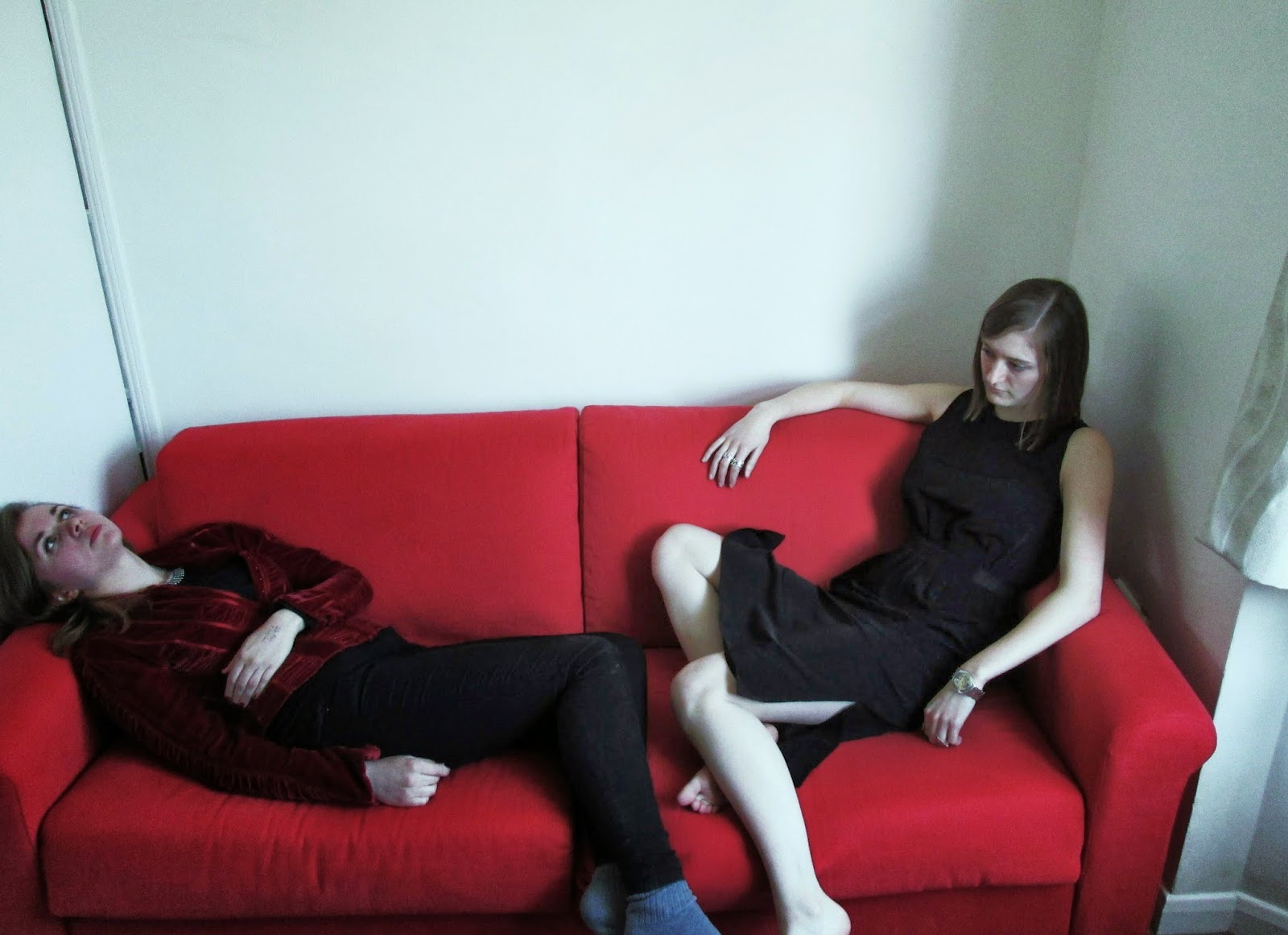
Perhaps the most iconic album cover ever, The Beatles'
Sgt. Pepper's Lonely Hearts Club Band is one of the best selling albums of all time. The Grammy-winning artwork art-directed by Robert Fraser, designed by Peter Blake and Jann Haworth, his wife and artistic partner, and photographed by Michael Cooper.
Originally, the Beatles already had a cover designed by a Dutch group called the Fool, but Peter Blake's gallery dealer, Robert Fraser suggested to Paul that they should use a 'fine artist, a professional' to do the cover instead. Liking the idea, Paul asked Blake to do it. The concept of the album had already evolved: it would be as though the Beatles were another band, performing a concert. Paul and John told Blake to imagine that the band had just finished the concert, perhaps in a park. Blake thought that they could have a crowd standing behind them, and this then developed into the collage idea. Blake asked them to make lists of people they'd most like to have in the audience at the imaginary concert. John's was interesting because it included Jesus and Ghandi, and more cynically, Hitler. But this was just a few months after the US furor about his 'Jesus' statement, so they were left out. George's list was all gurus, and Ringo said "Whatever the others say is fine by me", because he didn't want to be bothered. Fraser and Blake also made lists and then collected photographs and had life-size cutouts made onto hardboard. EMI realized that because many of people they were depicting were still alive, they might be sued for not seeking their permission. Therefore, the manager of the Beatles, Brian Epstein, had his assistant write to everyone. Mae West replied, "No, I won't be on it. What would I be doing in a lonely hearts club?". So the Beatles wrote her a personal letter and changed her mind. Fraser was a business partner of Michael Cooper, an excellent photographer, so he was commissioned to do the shoot. Blake worked in his studio for a fortnight, decided to create a tiered effect of the audience. He decided to add waxworks of the Beatles because they might be watching Sgt. Pepper's band too. The boy who delivered the floral display asked if he could contribute by making a guitar out of hyacinths, and the little girl wearing the 'Welcome Rolling Stones, Good Guys' sweatshirt was a cloth figure of Shirley Temple, the shirt coming from Michael Cooper's young son, Adam. The Beatles arrived on the evening of March 30th and the shoot took about three hours, including shots for the centerfold and the back cover. Figures vary on the cost, but it is believed to have cost £3000, around £46, 104 today. Fraser was paid £1500 and Blake £200.
The Beatles had insisted that everything on
Sgt. Pepper's Lonely Hearts Club Band had to be different. This presented a tremendous challenge, and, in the words of George Martin, 'a highly rewarding experience'. Perhaps it is the album's total originality, innovation, imagination that made it such a trend-setting and iconic record.








































